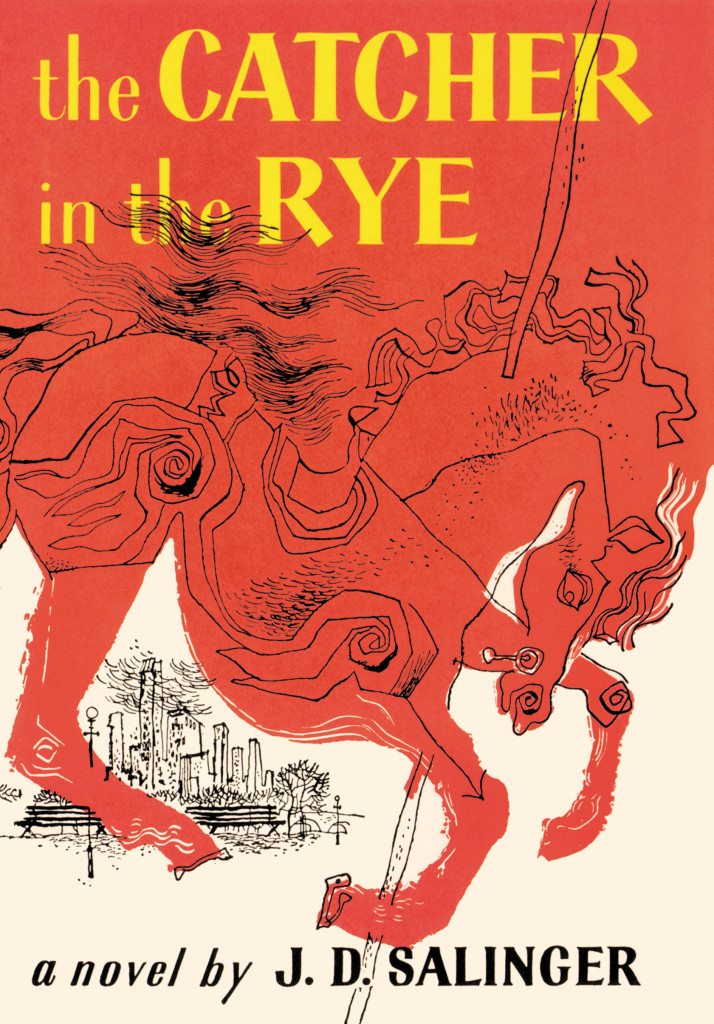Dear Rich: I am a fifth grade teacher with five reading classes per day. Each of these classes contains a wide variety of reading abilities. When I assign a class novel, I distribute a book to each child (our media center has enough), but I also want to record myself reading the novel so that students can listen and follow along. For most of our novels I can find the audio version online, purchase it, and there aren't any issues (due to the fact that the book was already purchased and the child listening as he reads doesn't take away from potential profit from the publisher). Also, we can legally use recorded material for students with disabilities anyway. However, the current class novel has no published audiobook. Research shows that students who read the text silently as it's read aloud to them improve their ability to understand new words and build fluency. However, I don't have the energy or vocal strength to read two or three chapters five times per day. I want to simply record myself reading at home, place my own personally recorded music below it for effect (I hold the copyright on the instrumental music), and then allow my students to listen to the recording while reading along. Another advantage is that students can hear the book read to them while reading along, but by using headphones they won't disturb others who are working in groups or working with me (which frees up my time to help students with various skills). Since there isn't any potential loss of profit for the publisher, am I within my legal rights to record the book to CD (for classroom use only)? You make a persuasive argument and if it were up to the Dear Rich Staff, we'd stamp APPROVED on your project. But copyright law is a little less forgiving and a little more complicated than you might think.
Audio books for disabled students. You state that you can "legally use recorded material for students with disabilities." In 1996, a copyright exemption was created that permitted recording of copyrighted books without permission of the copyright owner for use by visually and physically handicapped people. However these recordings could only be made by "authorized entities" and must be stored in a particular format -- currently a digital format accessible to users with special computer programs or equipment. For the most part, the primary authorized entity is the National Library Service for the Blind and Physically Handicapped (NLS) which creates and distributes thousands of audio and braille books (including books like Catcher in the Rye -- original cover shown above -- for which the authors have refused to permit audio recordings). Based on the language of the exemption, we don't think your intended recordings would qualify under this exemption.
Listening while reading. We're not clear what you're doing when you purchase an audiobook and allow the student to listen while reading the print copies. If you're playing a compact disc recording or a single digital recording, that's fine. But if you're making copies and distributing them to students, that would be a violation of copyright law.
Your recordings. We're also unsure about your position that "there isn't any potential loss of profit for the publisher." We think that publishers would feel differently. For example, many publishers sell print and audiobook combinations through Amazon's Whisper Sync program, and although they may discount one version, they rarely give the audiobooks (or print versions) for free. In other words, just because the publisher makes money off print, doesn't mean it gives up making money off the audiobook to the same customer.
That said, Dept. Although we think you are violating copyright law with your homemade audiobooks, we wonder about the likelihood of getting hassled. That is, will a publisher find out about your use and care enough to hassle you? We imagine that if you maintain a low profile and don't distribute your work beyond the classroom, the audio books will end up being your little secret.


No comments:
Post a Comment